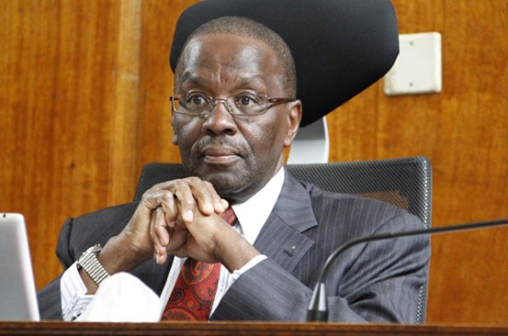
They say hypocrisy is the homage that vice pays to virtue. Translation — even Lucifer will genuflect before Jesus. But don’t mistake the serpent’s ministrations with affection for his antagonist. He’s simply playing possum. That’s why Chief Justice Willy Munyoki Mutunga — who ended his tenure a year early on June 16 — should revel in the applause, but not believe it. Many who bid him adieu were only too happy to see him depart the corridors of justice. That’s because they want to return the Judiciary to the status quo ante. They didn’t choose him to be CJ. No — the forces of democracy gave him the hallowed office against the wishes of state apparatchiks. But Dr Mutunga’s legacy will never die.
Today, I write to memorialise the meaning of the Mutunga Era in the Judiciary. First, let’s not make the mistake of intellectual simpletons. We need to bow to the basic fact that Dr Mutunga is a rare breed. I have met — and worked with — many historical figures.